Hillsborough police officer 'raised stadium access concerns'
- Published
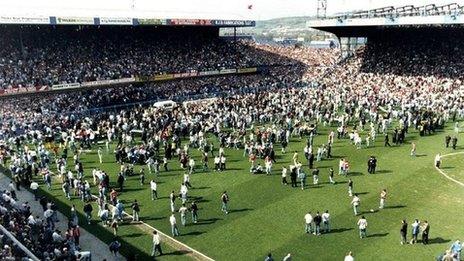
Ninety-six fans died as a result of the crush at the 1989 FA Cup semi-final
A South Yorkshire police officer raised concerns about access at the Hillsborough stadium three years before a fatal crush developed at the ground.
At new inquests into the tragedy, former superintendent Terence Stuart was shown a police memo highlighting problems over access to the ground.
Mr Stuart had helped draft a letter to Sheffield City Council giving the stadium "a clean bill of health".
He said he had not seen the memo before but it merited "very serious action".
The memo was written in June 1986 by Insp Clive Calvert to the head of the force's F Division, Ch Supt Brian Mole.
Insp Calvert was the police force's liaison officer with Sheffield Wednesday at the time and attended meetings of the officer working party, the committee which oversaw the club's safety certificate.
'Absolutely stunning'
In the memo, he "highlighted various topics" which had been raised with the football club "with very little success".
It said: "One of the greatest problems we have is access to the ground, particularly at the Leppings Lane end.
"The redesigned turnstiles do not give anything like the access to the ground, either on the Leppings Lane Terraces or in the West Stand, needed by away fans.
"On occasions last season when large numbers attended we had away supporters who were justifiably irate because of the inefficiency of the system, which was turned on the police and could have resulted in public disorder."
The Leppings Lane end of Hillsborough was where all of the Liverpool fans that died as a result of the crush on 15 April 1989 had accessed the ground.
Mr Stuart said he found the document "absolutely stunning".
"Surely the chief superintendent of that division should have brought it to the attention of the officers who were meeting regularly for this and ensured that it got some attention," he said.
"Why it hasn't I've not got a clue but it should have had.
"It should have been brought to the attention of all the people that attended the safety of Sports Grounds meetings.
"That's what we are there for, so it should go to that."
'Clean bill of health'
Mr Stuart was involved in drafting a reply to Sheffield City Council after the authority, in November 1986, asked for the police force's opinion on Hillsborough, in relation to the Safety of Sports Grounds Act 1975.
He told the jury he could not recall the letter but accepted that he had not heard Insp Calvert's views on the access into the ground before it was sent.
Referring to the memo, Jonathan Hough QC, junior counsel to the inquests, said: "It may be suggested in a properly run system, when asked to produce a document of this kind giving a clean bill of health to the stadium, from your point of view, you should have spoken to Inspector Calvert."
Mr Stuart said: "Well, I should, providing I know what he is doing."
Fiona Barton QC, representing South Yorkshire Police, showed documents to the jury which appeared to show the force consulting with the club about some concerns.
One of them illustrated how Sheffield Wednesday's engineers were asked to investigate the turnstiles at Leppings Lane, but could not find a solution.
She said: "The '86 memo from Calvert has given rise to discussions about the adequacy and efficacy of the turnstiles.
"Concerns that had been raised by the police had been taken to the club and looked at by the surveyors who came up with no answer."
Mr Stuart replied: "That appears to be the case."
After seeing those documents, Mr Hough asked Mr Stuart: "The fact remains Mr Calvert raised a concern about the turnstile access, nothing was done about it, but a clean bill of health was still given?"
Mr Stuart replied: "Yes."
The new inquests in Warrington are being held to investigate how 96 Liverpool fans died as a result of the Hillsborough disaster.
The hearing continues.
- Published11 June 2014
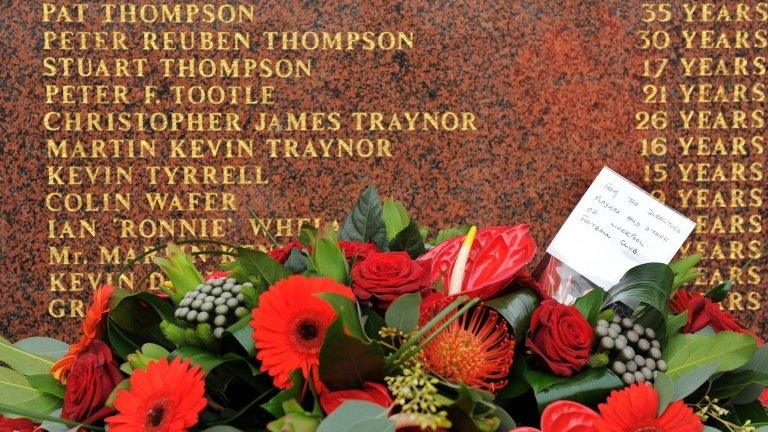
- Published10 June 2014
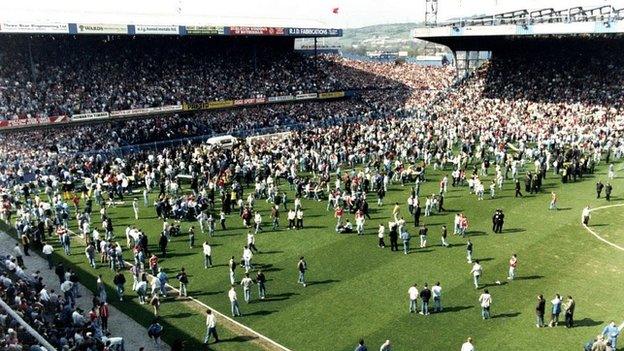
- Published9 June 2014
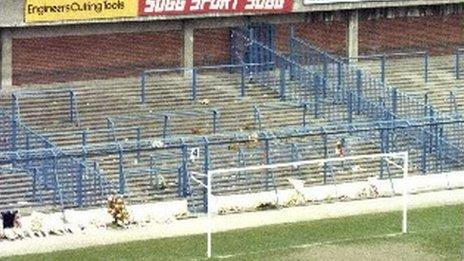
- Published4 June 2014

- Published3 June 2014
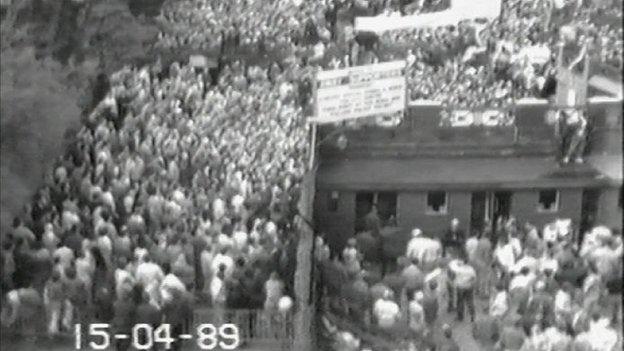
- Published2 June 2014

- Published30 May 2014

- Published29 May 2014
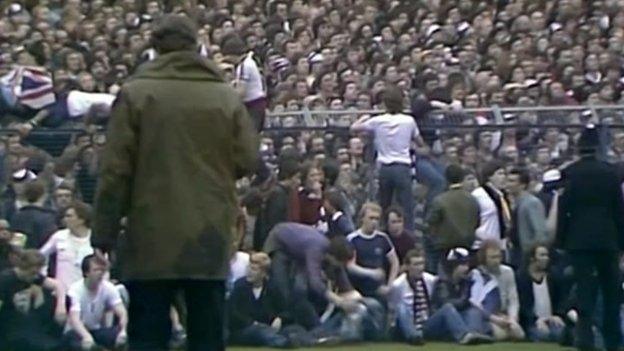
- Published29 May 2014
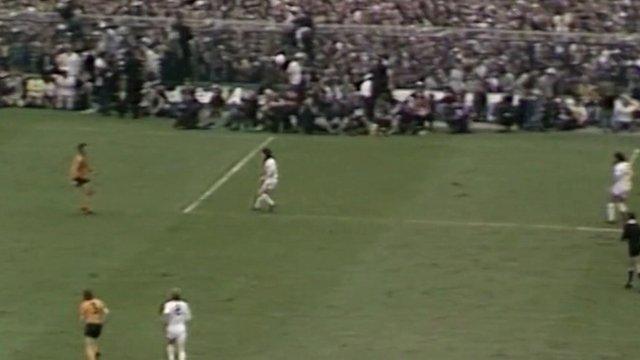
- Published28 May 2014

- Published27 May 2014

- Published23 May 2014

- Published21 May 2014
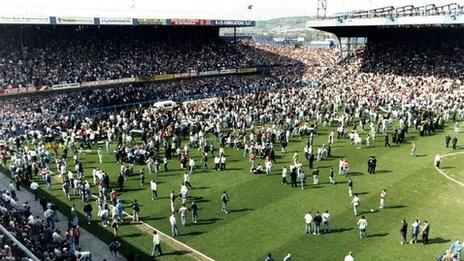
- Published20 May 2014

- Published31 March 2014
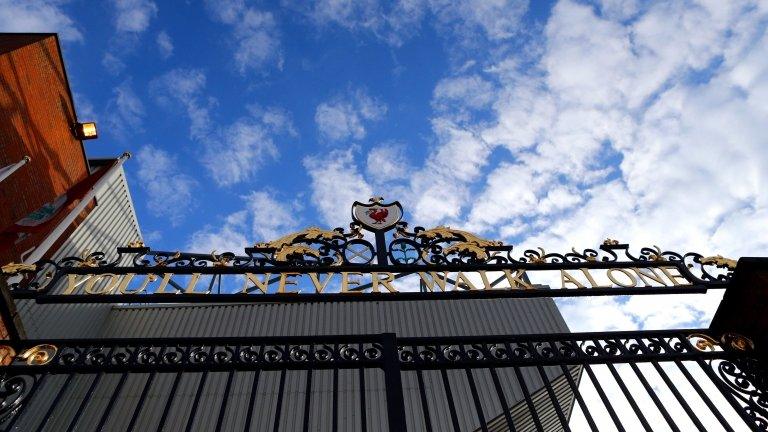
- Published26 April 2016

- Published1 April 2014

- Published2 April 2014
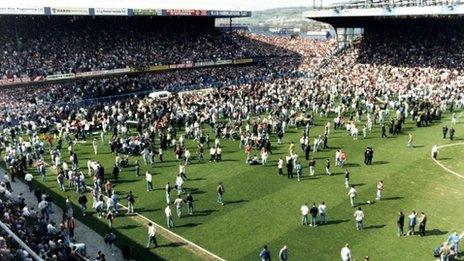
- Published3 April 2014
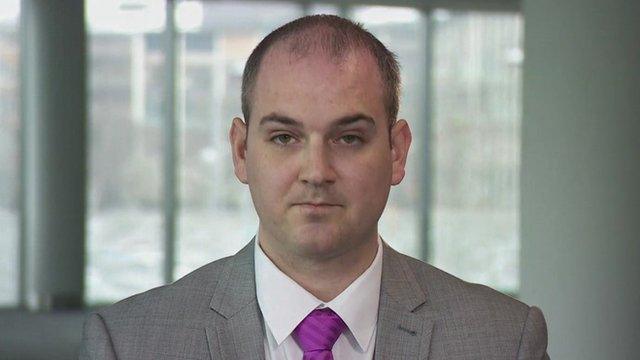
- Published3 April 2014
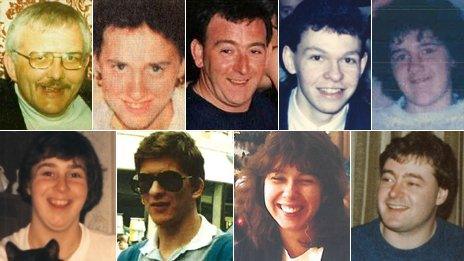
- Published7 April 2014
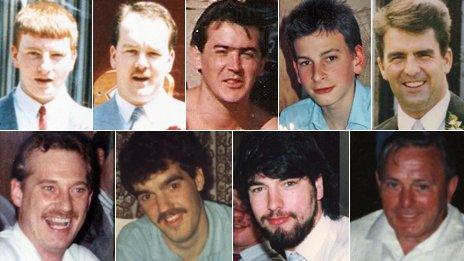
- Published8 April 2014
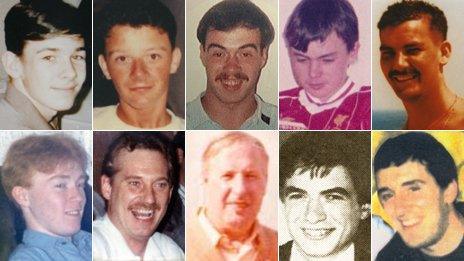
- Published9 April 2014
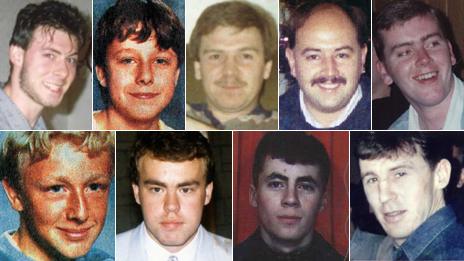
- Published10 April 2014

- Published22 April 2014
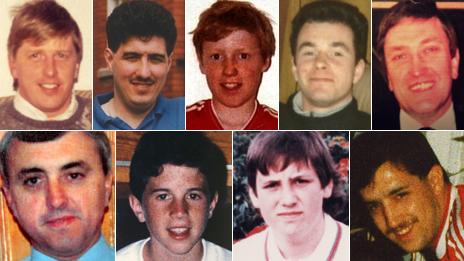
- Published23 April 2014

- Published24 April 2014

- Published25 April 2014
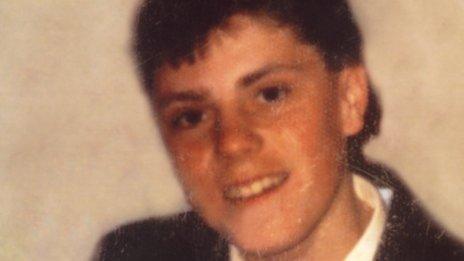
- Published28 April 2014
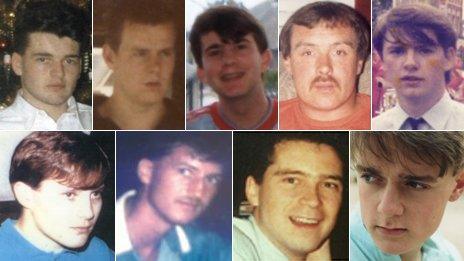
- Published3 January 2011
- Published9 March 2011